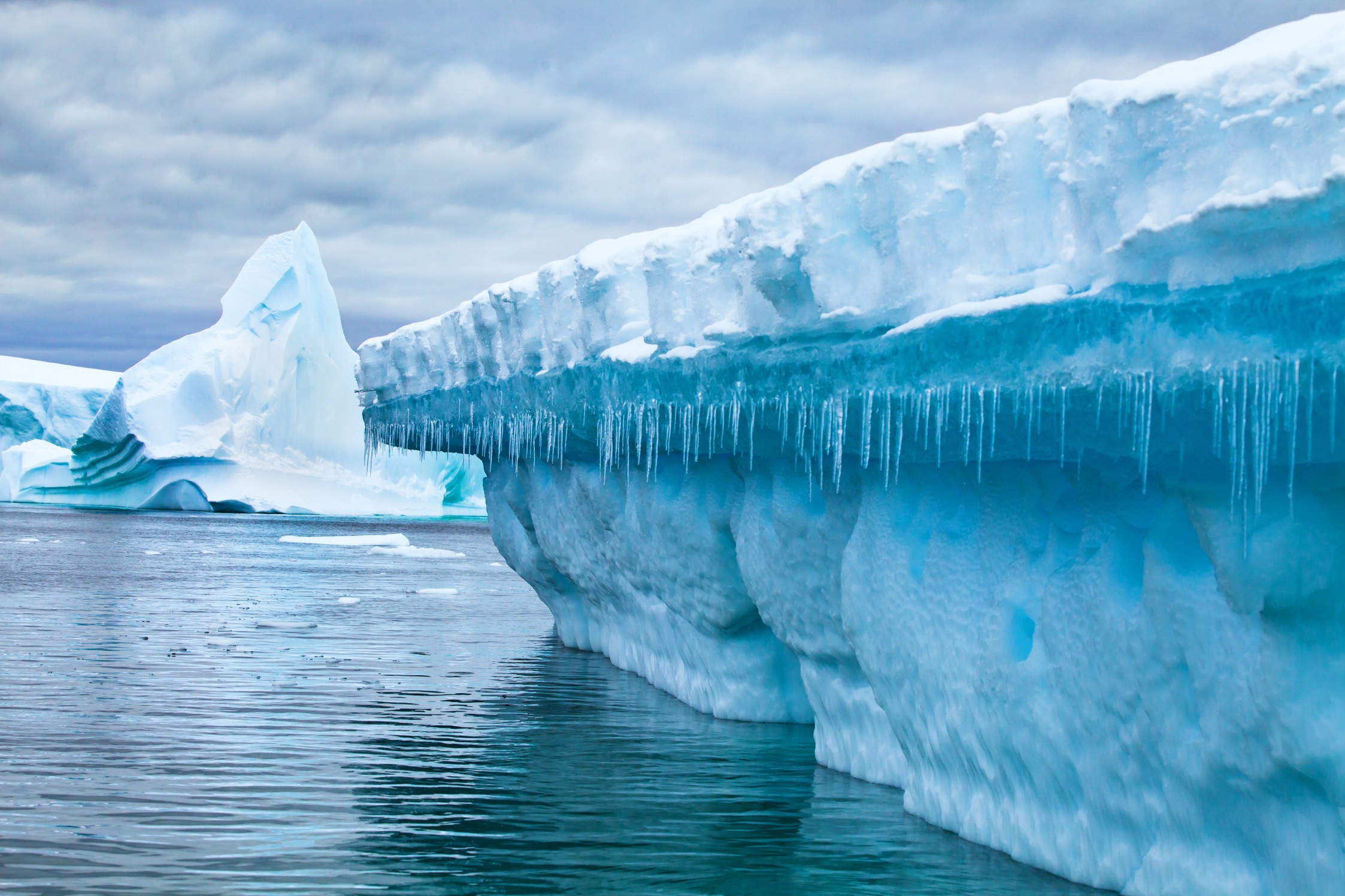
Heavy Rain, Flooding, and Chance of Severe Weather Staring Down the Southern U.S.
January 22, 2024
Posted: December 23, 2022 3:20 am





Climate change is having a drastic effect on the weather in the Arctic region with warmer and rainier conditions being reported. A report last week published by the National Oceanic and Atmospheric Administration (NOAA), is sounding the alarm bells about the rapid changes happening in the northern biome. Read on for the details of this report.
This part of the world undergoes a comprehensive evaluation by scientists each year. This year’s results indicate a historic rate of melting that is contributing to yet another cycle of significant deaths in creatures in the area and a rapidly decreasing snow cover.
What is most alarming to scientists is that the Arctic appears be warming at four times the rate that the rest of the planet is seeing. The last seven years have been the hottest on record in the Arctic with the snow cover melting at a rate of about 20% for each decade.
Known as the Arctic Report Card, this evaluation is authored by over 140 scientists from all over the world. The study looked at the time period between October 2021 and September 2022, evaluating snow cover levels, sea ice volume, and temperatures in the air and water.
One particularly interesting finding was that commercial ships are able to travel deeper into the Arctic region due to the increase in ice melt. The growing proliferation of these vessels naturally increases noise pollution in the area, disturbing how marine mammals are able to communicate and procreate.
In addition to the negative impacts on the animals in the region, the changes to the climate are also affecting the lives of the indigenous communities that call this place home. Over 400,000 indigenous people live in the Arctic, relying on the frozen landscape for their livelihoods.
The data gleaned from the report also demonstrated that this was the third wettest year over the last 72 years in the Arctic. There was a particularly sharp increase in the precipitation in the North Atlantic. For instance, while Greenland typically sees snow in September, it was rain that was primarily falling this year.
In addition, the important Greenland ice sheet experienced two major late season melting events. The first occurrence took place early in September after the mercury climbed well above average. The ice sheets took another hit late in the month when what was left of Hurricane Fiona sent warm and moist air over the area, instigating another massive melting event.
To see one major ice melt event in a month is worrisome on its own. To experience two record-setting events in less than a few weeks is just another reason why climatologists continue to raise concern.
Increasingly wet conditions are not the only problems facing the northern reaches of the planet. Some parts of Alaska and the northeastern corner of Siberia were under a drought over the summer months. This exceptionally dry weather caused a number of destructive wildfires.
NOAA is also reporting that seabirds continue to die at record numbers across the Bering and Chukchi seas. An increase in ocean water temperatures is to blame for the seabirds dying off. This is because the fish that the seabirds eat are also dying because of the warmer temperatures.
The domino effect of this die-off translates to food security issues for some of the most remote communities in Alaska. The disruption to this ecosystem is also upsetting to the native indigenous people who view the seabirds as an integral part of their culture and history.
While one year of these findings are not necessarily alarming on their own, it is the continued trends of the last few decades that have sent scientists on a mission to warn the world. It is getting harder and harder to deny that the Arctic region has not changed drastically over the last several years.
Most people consider the Arctic to be a remote corner of the planet that does not influence the way of life for others. However, climatologists are warning that what is happening in this part of the world will have a direct impact on life as we know it. Climatology experts are cautioning that the crisis is only going to worsen without the regulation that the Arctic provides for the rest of the world’s climate.
Did you find this content useful? Feel free to bookmark or to post to your timeline for reference later.

January 21, 2024

January 19, 2024

January 18, 2024